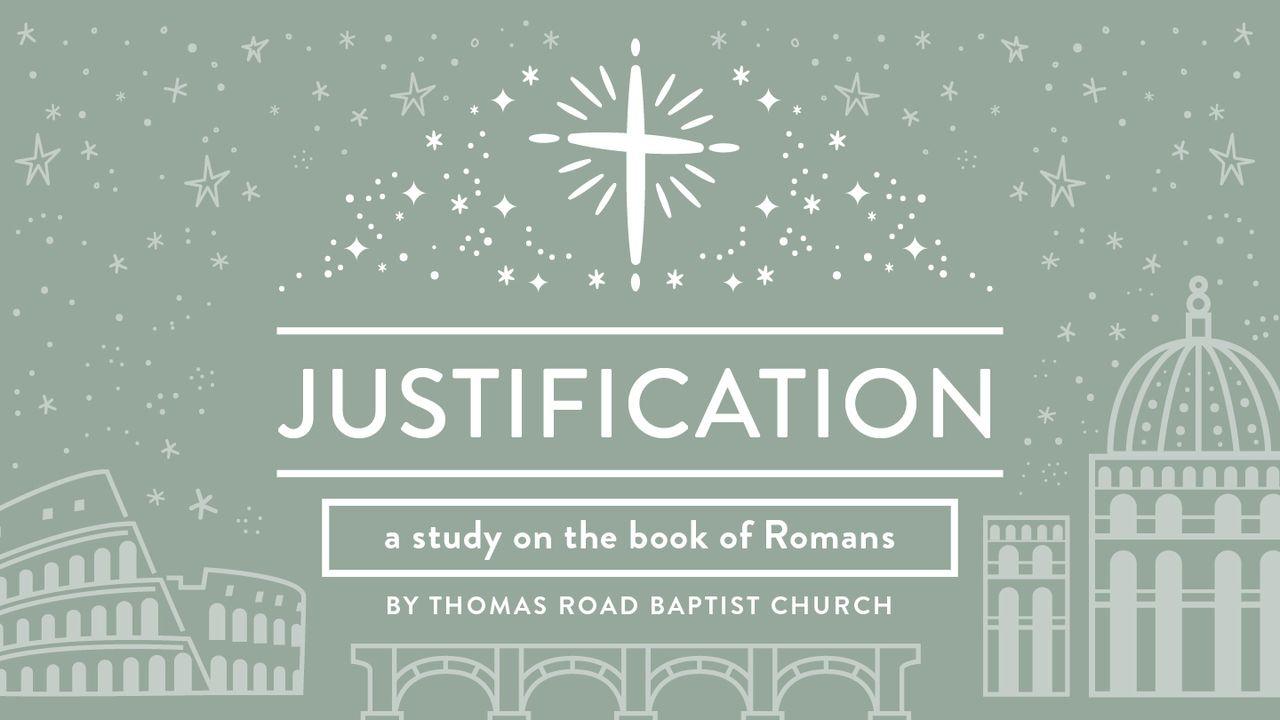Justification: A Study in Romans预览

What does it say?
No one is made righteous by their own works but through the sacrifice of Jesus Christ.
What does it mean?
God chooses words very carefully. Chapter 3 contains four words that are essential to a full understanding of salvation. Righteousness characterizes perfect harmony with God’s Law, being free from sin and guilt. Propitiation is a sacrifice of atonement that satisfies God’s righteousness and turns aside His just wrath on a sinner. Justification is an act of God’s grace by which He declares the guilty as innocent based on his or her faith in Jesus’ atoning sacrifice. And redemption reflects the price Jesus paid on the cross for every person’s sin – freeing believers from its bondage through His death.
How should I respond?
Imagine you’re in a courtroom, standing before a judge. The prosecutor has overwhelming evidence of your guilt; you deserve to be condemned and can do nothing to help yourself. The judge is compassionate but cannot simply overlook your offenses. He not only upholds the demands of the law, but he also wrote the law. Then the judge offers a surprising and gracious solution; let his son pay the penalty for your actions. By accepting the offer, you’ll be declared “innocent,” giving you a right standing before the judge and be justified in the eyes of the law. You will be set free. What a beautiful picture! Faith in Jesus, as the atonement for your sin, makes it possible to be righteous and justified before God. Have you settled your case with God?
读经计划介绍

Considered one of the most theologically rich books of the New Testament, Romans is a treatise on the theology of salvation. Beginning with the hopelessness of our sin-filled state, Paul shows how God provides righteousness to His people through Jesus Christ. In Romans, we are reminded that justification does not come from status or moral achievement but from belief in the substitutionary death and glorious resurrection of Jesus Christ.
More






